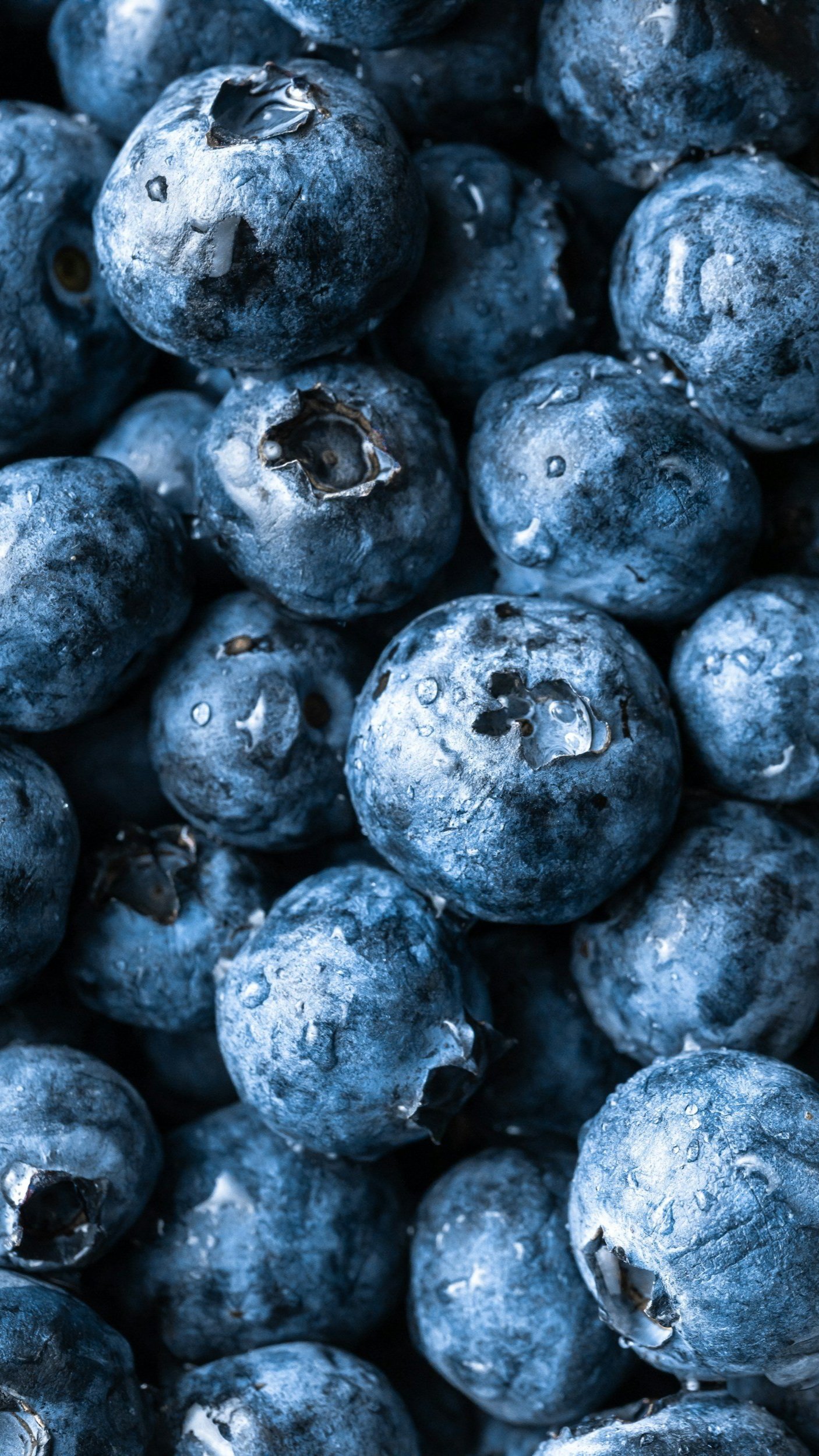Myth Busting
Nowadays, there is so much misinformation, whether it’s through word of mouth, social media or old research. Here are 5 nutrition myth busters for you…
Healthier foods are always more expensive
With the cost of living crisis, people have less money to spend on food. Here are some tips:
Buy frozen fruit and vegetables - they are just as nutritious as fresh, usually cheaper, and last longer, which helps to reduce waste
Try supermarket brands - usually cheaper and taste similar to premium brands
Incorporate pulses into your meals such as beans, lentils and chickpeas - they are a good source of protein, low in fat, provide vitamins and minerals, and provide fibre to help keep you fuller for longer - cheaper than other sources of protein
Cook from scratch
2. You should eat protein within half an hour of working out to get the maximum potential of it
Generally, it is advised to eat a well-balanced meal soon after exercising (within an hour) to recover and refuel, so not just protein, but also wholegrain carbohydrates and salad/vegetables, particularly if you haven’t eaten for a few hours beforehand
Try to eat a well-balanced meal 2-3 hours before exercising (wholegrain carbohydrates, protein, and salad/vegetables), particularly if you are exercising for more than an hour
If you are an athlete, then you may have other requirements!
If you're unable to do this then your workout isn't a waste of time and you'll still see the benefits
3.Drink water after eating to lose weight quicker
Drinking water doesn't make you lose weight
Drinking water and staying hydrated is part of a balanced diet and can support your weight loss
Sometimes, if you feel hungry, you might actually be thirsty - if you feel like having a snack, try having a glass of water first
It is important to drink water throughout the day
4. Fruit juice is bad for you
1 small glass (150ml) of fresh, unsweetened, 100% fruit/vegetable juice counts as 1 of your 5-a-day
Provides vitamins and minerals
Having more than 150ml a day of any fruit/vegetable juice still only counts as 1 of your 5-a-day
The juicing process releases the sugar in the fruit, so the sugars are counted as free sugars (the type of sugar we need to be cutting down on)
Consuming juice at meal times reduces the impact on teeth
We shouldn’t aim to have it everyday as 1 of our 5-a-day - there are lots of other healthier ways to achieve our 5-a-day - it is preferable to have the whole fruit/vegetable where you can
Fruit/vegetable juice is part of the Eatwell Guide, but should be seen as an extra rather than an essential
5. All low-fat products are healthier
Although low-fat or reduced-fat products contain less fat than the full-fat version, sometimes they can be high in sugar and/or salt to make sure the product still tastes good
Remember to always check the food label when you buy a product as some nutrition/health claims can be misleading
This blog is aimed at adults
This blog is intended for information only
The advice given is generic advice for supporting a healthy diet and lifestyle. For specific medical conditions please seek advice from your GP.







